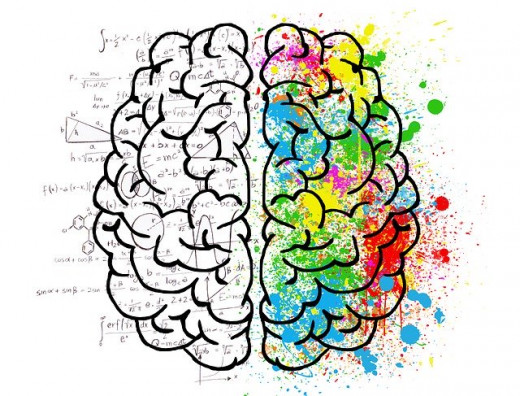- HubPages»
- Health»
- Quality of Life & Wellness»
- Personal Development
What Does Science Say About Prayer?
What is prayer and why do people do it?

Based on my experience growing up in the church, praying is the act of talking to God, the Universe, a higher power, or whatever you call it. It's a way of reaching out to someone or something that one believes to have infinite knowledge.
There are many reasons people pray. One may ask for something like a job or comfort from a stressful time. One may pray for protection from evil energies that plan to block their blessings. Some people even pray simply to show gratitude for the life that they have. Whatever the reason, people around the world turn to prayer and most religions encourage prayer as part of their belief system.
Usually, when people think of praying, they don't think of science or psychology as they are separate sides of the spectrum. But there are studies about prayer and how it affects the mind. There might really be some power in prayer.
What do scientist say about prayer?

In the Journal of Experimental Social Psychology, Professor Malt Friese and Michaela Wanke talk about how prayer is beneficial for self-discipline in something called the "strength model."
In their study, the strength model implies that our cognitive resources are limited. We eventually become mentally tired and need a way to replenish our cognitive supply. Prayer is a way to do that.
In their experiment, they divided people into two groups: One group was to watch funny videos and not respond emotionally, the other group did a Stroop test where they were to identify colors that were inconsistent with the name of the color. The point was to deplete their cognitive resources and see if prayer re-upped their supply.
The result? It actually worked, both groups were told to pick something to pray about for 5 minutes and then perform the tasks again. This time they were able to perform better and concentrate on the task. This worked participants who were religious as well as atheist participants.
While this is just one study, there are many more experiments that look at how prayer affects mental health and how group prayer can strengthen social bonds. I encourage you to check them out.
To pray or not to pray
Should everyone pray? It depends if you think there could be some benefits to it. Some people think the concept of God is silly and so prayer may seem a futile waste of time. But for others, prayer has helped them with grief, overcoming depression, and even finding hope in the direst of situations.
I personally am one who believes in science and spirituality, which prompted me to look into prayer from a scientific perspective. I usually pray during a full moon because the moon is known to have an effect on the gravitational alignment of the earth and a full moon is the most powerful. But for those who don't believe in God or any entity, I challenge you to try saying a prayer before you begin a mentally straining task and see if it does anything for you. No need to direct it to any higher power, just direct your mind to whatever it is you want to achieve and let your intentions be known. Comment and let me know what happened.








